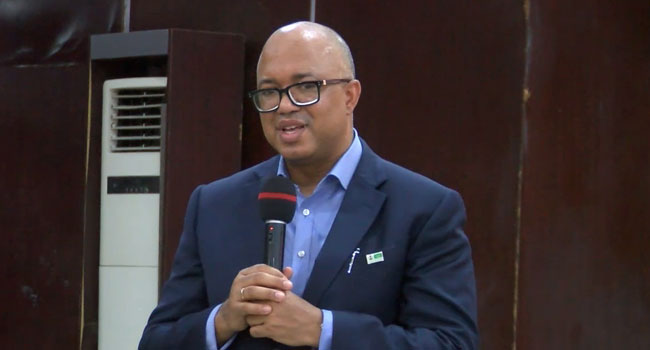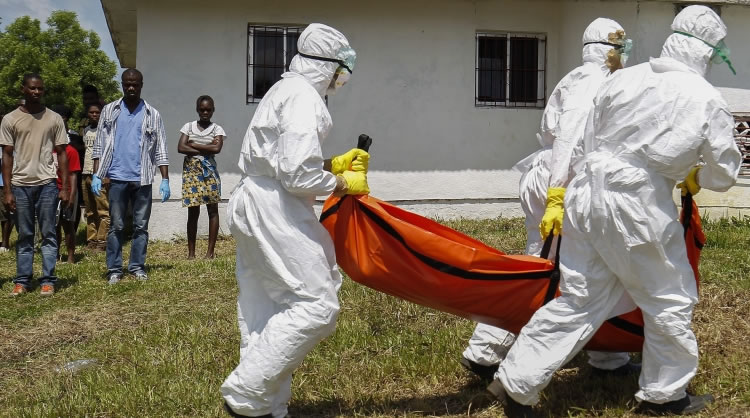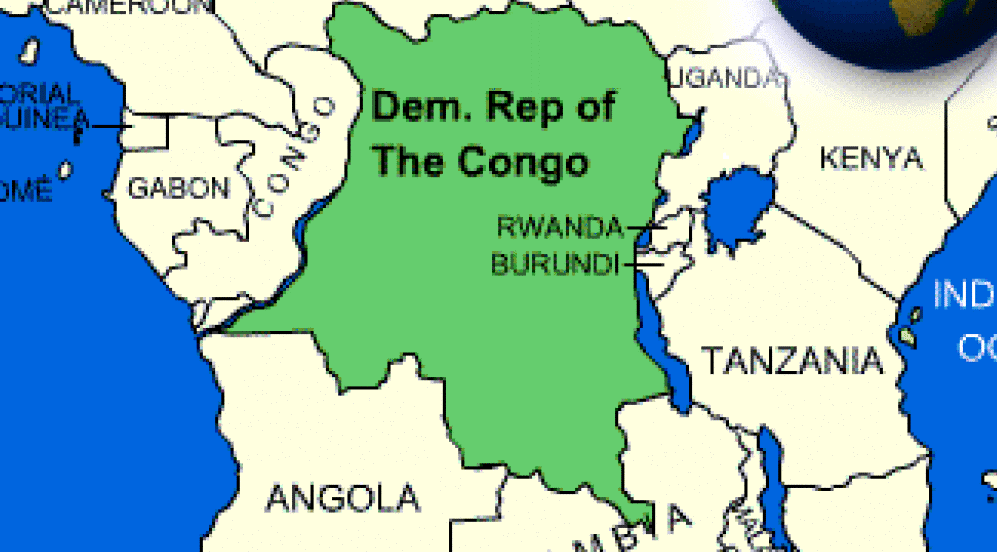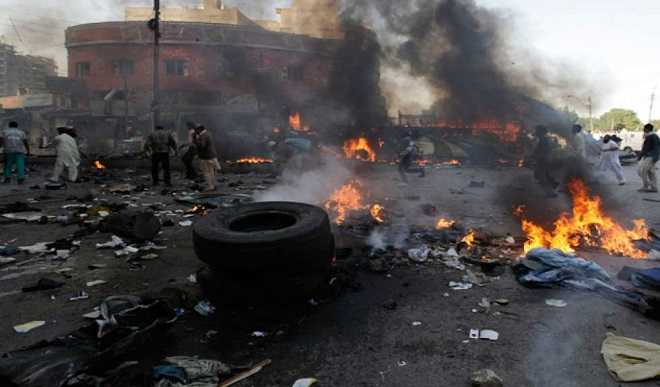The Nigeria Centre for Disease Control has put Nigeria at ‘moderate risk’ of Ebola outbreak as Guinea battles the virus
The NCDC made this known via its website, stating that the decision was based on the proximity of Guinea to Nigeria and other West African countries, as well as other indicators.
Guinea experienced outbreak of the Ebola on February 14, and cases and deaths were reported in the N’zerekore region of the country,
The cases were discovered among seven people who had attended the burial of a nurse on February 1, NCDC said.
Following the declaration of the outbreak, the Guinean government has initiated response activities. The World Health Organization, Africa Centres for Disease Control, and West African Health Organisation have announced that they are supporting the country’s response activities.
The Government of Guinea has also begun processes to access the global stockpile of vaccines for Ebola virus disease from the Vaccine International Coordinating Group, ICG.
The NCDC says it has an existing multi-sectoral National Emerging Viral Haemorrhagic Diseases Working Group, which coordinates preparedness efforts for EVD and other emerging viral haemorrhagic diseases.
“The EVHDWG has carried out a risk assessment on the possibility of transmission of the virus to Nigeria.
“Given the proximity of Guinea to Nigeria and other West African countries as well as other indicators, Nigeria has been placed at moderate risk of an EVD outbreak.
The outputs from this risk assessment are being used to initiate preparedness activities in-country,” NCDC said.
The agency assured that several measures had been put in place to prevent and mitigate the impact of a potential EVD outbreak in Nigeria.
“A National Emergency Operations Centre operating from NCDC’s Incident Coordination Centre is on alert mode.
“We have a team of first responders on standby, ready to be deployed within 24 hours in the event of an EVD outbreak in Nigeria.
“We have also established testing capacity for EVD at the NCDC National Reference Laboratory.
“The NCDC will continue working with states to strengthen preparedness activities across the country,” NCDC said.
It added that the Port Health Services of the Federal Ministry of Health has scaled up screening at points of entry, and that the NCDC will also scale up risk communications and other activities.
The Ebola virus can be transmitted via direct contact with bodily fluids of a person who is sick with or has died from the disease.
The virus can enter the body stream through broken skin or mucous membranes in the eyes, nose, or mouth.
This can also be spread through contact with objects contaminated by infected persons as well as direct contact with the blood, body fluids and tissues of infected fruit bats or primates.
To prevent the spread of Ebola, NCDC advises members of the public to adhere to the following precautions:
• Wash your hands frequently using soap and water – use hand sanitisers when soap and water is not readily available.
• Avoid direct handling of dead wild animals.
• Avoid physical contact with anyone who has possible symptoms of an infection with an unknown diagnosis.
• Make sure fruits and vegetables are properly washed and peeled before you eat them.
• Health care workers are advised to ensure universal precautions at all times. This includes the use of personal protective equipment always when handling patients.
In January 2021, the ICG announced the establishment of a vaccine stockpile for Ebola virus disease.
This stockpile is accessible to countries, in the event of outbreaks. The NCDC will work with the National Primary Health Care Development Agency to develop a clear plan for accessing the EVD vaccine stockpile, as needed.
“The NCDC will continue to monitor the situation and initiate preparedness activities across the country.
“We are in close contact with WHO, ACDC and WAHO for cross-border coordination. We urge members of the public to remain aware of the risks and adhere to all safety measures.
“The NCDC remains fully committed to protecting the health of all Nigerians from infectious disease threats,” the statement, signed by NCDC Director-General, Dr. Chikwe Ihekweazu, stated.




